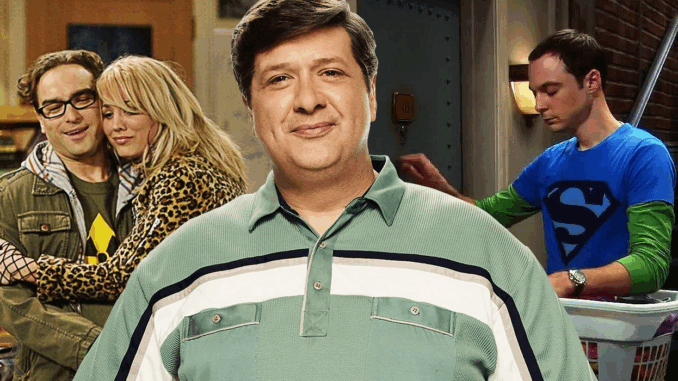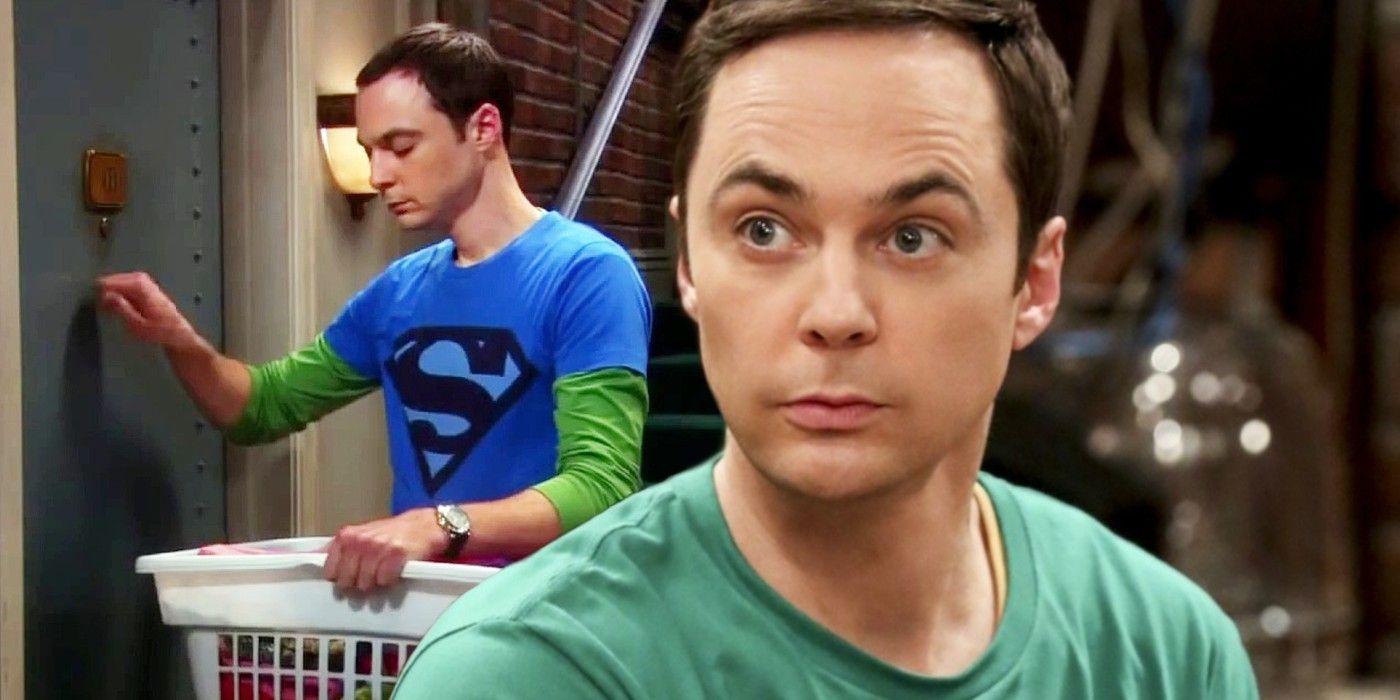
The Rise of a Quirky Icon
From the moment Sheldon Cooper first knocked three times on Penny’s door, audiences knew they were witnessing something — or someone — entirely unique. With his genius-level IQ, eidetic memory, and rigid adherence to structure, Sheldon defied the archetypes of television protagonists. Jim Parsons’ portrayal of Sheldon won him four Primetime Emmy Awards, but more than accolades, he earned a permanent place in pop culture.
Sheldon was unlike anyone on television at the time: a theoretical physicist who was simultaneously arrogant and completely unaware of social nuance. Yet despite (or perhaps because of) his inability to function by “normal” standards, he was deeply compelling. Viewers didn’t just laugh at Sheldon — they rooted for him, cringed with him, and eventually understood him.
Unpacking the Social Dynamics
Much of Sheldon’s appeal came from how he clashed — and connected — with others. Leonard served as his long-suffering roommate and pseudo-caregiver, balancing tolerance with the occasional outburst of frustration. Penny, with her warm, street-smart sensibilities, brought out a surprisingly tender side of Sheldon over time.
Amy Farrah Fowler, introduced later, offered a mirror image of Sheldon that slowly pushed him toward self-discovery. Their relationship gave viewers one of the most unique romantic arcs on television — defined not by grand gestures, but by awkward compromises and reluctant growth. Sheldon’s evolution in the face of these emotional challenges became the most unexpected yet powerful aspect of the series.
The Science of Sheldon’s Humor

Part of what made Sheldon so entertaining was the intersection of his intellect and absurdity. His elaborate contracts — from roommate agreements to relationship clauses — were laughably overthought, but somehow logical within his worldview. He elevated sarcasm to a science and conflict to performance art. When he explained quantum mechanics or string theory with childlike arrogance, the comedy wasn’t just about complexity — it was about communication breakdowns.
The writers skillfully balanced real scientific terminology (vetted by consultants from Caltech) with punchlines that resonated on a human level. Sheldon became the ultimate foil for those around him, setting up comedic moments that often ended in heartfelt revelations.
A Lasting Pop Culture Footprint
Sheldon’s quirks — his love for trains, his deep disdain for change, his spot on the couch — became defining features. His catchphrase “Bazinga!” is still widely quoted, and even his wardrobe (often adorned with superhero logos) became iconic.
Moreover, his legacy extended beyond The Big Bang Theory through the successful spinoff Young Sheldon, where viewers saw a younger version of the character navigating life in Texas. This continuation reaffirmed Sheldon’s enduring appeal and influence on how we perceive eccentric intelligence on screen.
Final Thoughts: An Unlikely Hero
In a television landscape filled with fast-paced humor and emotionally expressive characters, Sheldon stood apart. He was frustrating and lovable, clueless and brilliant, irritating and inspiring. Jim Parsons took what could have been a one-note character and turned him into one of the most richly drawn figures in recent sitcom history.
Sheldon Cooper didn’t just change sitcoms; he helped reshape how audiences empathize with neurodivergent individuals, proving that intellect and emotional growth can go hand in hand.